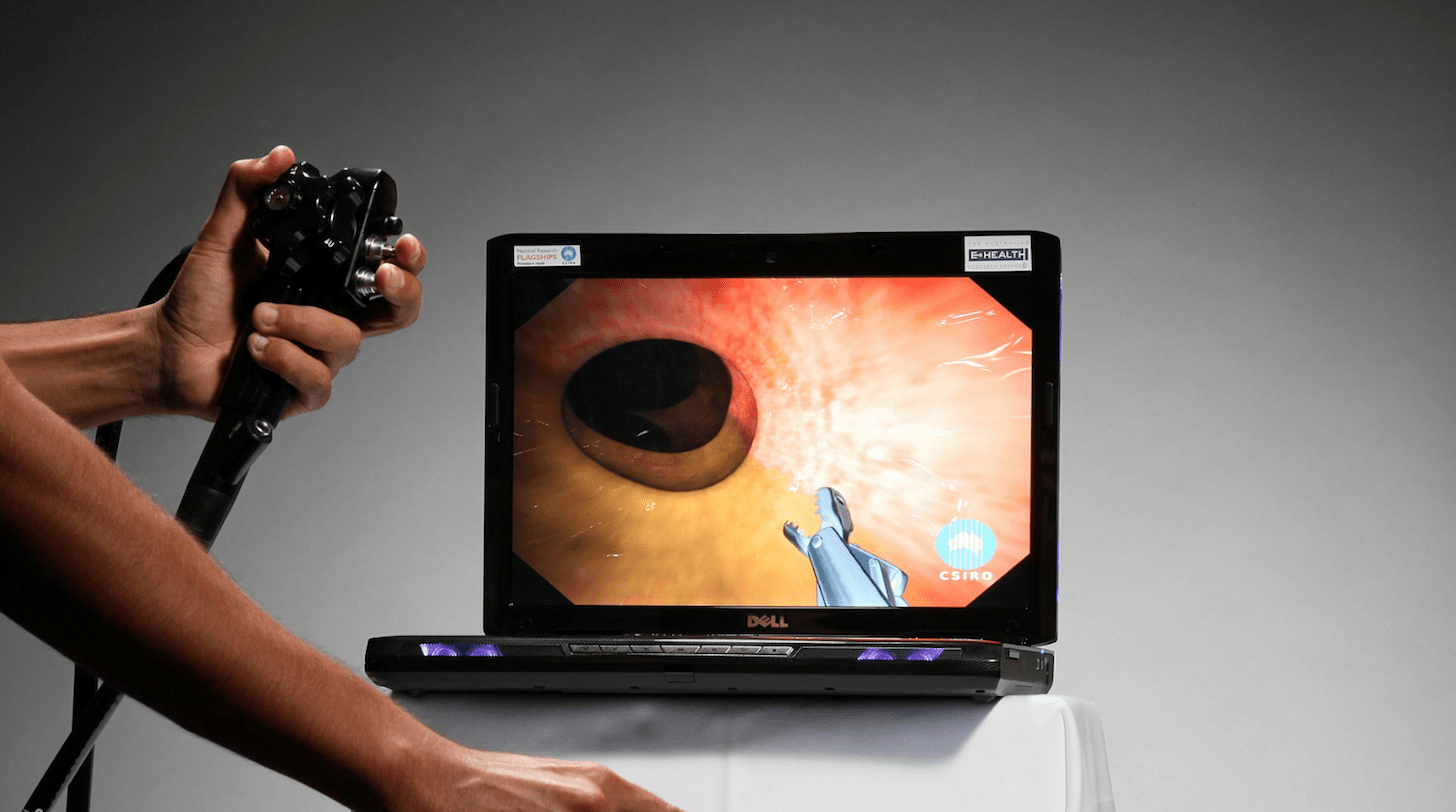

In the United States, screening for colorectal cancer is usually unpleasant. A patient’s preparation begins with a liquid diet, laxatives, and the uncomfortable knowledge of where the colonoscopy camera is going to go.
But there’s another, effective way to screen for colorectal cancer: fecal immunochemical tests, or FITs, which detect blood in stool (an early sign of cancer). The tests can accurately identify cancer, according to a review and meta-analysis published in the Annals of Internal Medicine.
If the FIT comes back negative, the patient is in the clear until their next annual test. If it comes back positive, only then would they have a colonoscopy, says study author Thomas Imperiale, researcher at the Regenstrief Institute and the Indiana University Center for Health Services and Outcomes Research. “If the comparison is to do a colonoscopy on everyone, you can greatly reduce the use of colonoscopy by doing a FIT,” he says. “As long as it still enables you to detect most of those cancers.”
The latest study builds on a 2014 review of FIT performance. “At that time, there were fewer studies available,” Imperiale says. His team’s analysis looked at 31 studies which included a total of over 120,000 patients. They found that the tests had a moderate to high sensitivity for cancer, meaning they identified cancer when it was present, and had a low rate of false positives.
Different studies included in the meta-analysis had different thresholds for flagging a positive tests, which impacted the amount of cancers detected. When the test considered 20 micrograms per gram of blood in the sample as a positive, it identified three out of four cancers, with a low false positive rate, Imperiale says. But when the threshold was lowered to 10 micrograms per gram, the sensitivity goes up. “You can take the sensitivity up to identify 9 out of 10 cancers.” However, that generates more false positives.
The analysis showed that though a single FIT can identify cancer, it has a low sensitivity for abnormal growths, called advanced adenomas, which are considered precursors to colorectal cancer. This differs from a colonoscopy, which allows physicians to visualize everything from benign to cancerous growths.
But James Allison, emeritus professor at the University of California, San Francisco and emeritus investigator at Kaiser Permanente, isn’t worried. He says these adenomas grow very slowly, and only around 6 percent annually will actually become cancerous. Because FITs are intended to be used annually, a patient with a negative result would ideally be tested repeatedly, increasing their likelihood of detecting an adenoma. Colonoscopies, on the other hand, are only done every 10 years. “You have a long time, in a program of repeated screenings, before it hurts someone,” says Allison, who published an editorial on FIT that accompanied the new study. Not identifying them on the first test is not necessarily a problem, he says, because they’re slow growing, and if they’re discovered on a FIT a year later, they likely won’t pose a major problem.
The easy annual repeatability of FITs is one of the test’s major benefits, Imperiale says. “If you have repeated negative tests, you can start to stack meaningful results, and get away with not everyone needing a colonoscopy.” After all, only around 4 percent of people with adenomas get colorectal cancer. “95 percent of the population will never get it. Negative FITs will identify who those people are.”
Colonoscopies have been the standard screening for colorectal cancer in the United States, but the U.S. Preventative Task Force, the agency that produces medical screening guidelines,does not recommend colonoscopies over FIT, or vice versa. Instead, the organization says the goal is to get the highest number of people screened. In other countries, like Canada, FIT is always the first line screening for colorectal cancer. Patients cannot have a colonoscopy covered by insurance without first having a FIT.

The tests are also a lot cheaper than colonoscopies, notes Imperiale—and people are much more likely to do them than they might be to do a colonoscopy, which for many is uncomfortable and stressful.
FITs aren’t for everyone. Allison would not recommend the test for people with a family history of colorectal cancer or other significant risk factors. “I do not think a FIT is appropriate there,” he says. Imperiale agrees, and says that recognizing both options means patients with different risk factors can make informed choices with their doctors. A patient with some risk factors and who rarely goes to the doctor might be better off with a colonoscopy, he says. But for a marathon runner who stays on top of preventative check-ups, there aren’t a lot of upsides to colonoscopy. “Low-risk, compliant patients may do best with FIT,” he says.
To properly use FIT as a colorectal cancer screening strategy, hospitals and clinics must have systems in place to re-test people in the years after a negative result Imperiale says. “More importantly, people who are positive need to know that they need to go in for a colonoscopy,” he says.
There are multiple FITs available from different manufacturers, with varying amounts of information available, and patients should ask their doctors about the evidence behind the particular version they’re using, Allison says. The U.S. Preventative Task Force details the FITs with the best performance.
Ultimately, this study is a reminder that checking in with your gut doesn’t necessarily require a colonoscopy. “Non-invasive tests for colon cancer are a good option for average risk patients,” Imperiale says. “There are options, and the only wrong option is to go unscreened.”
